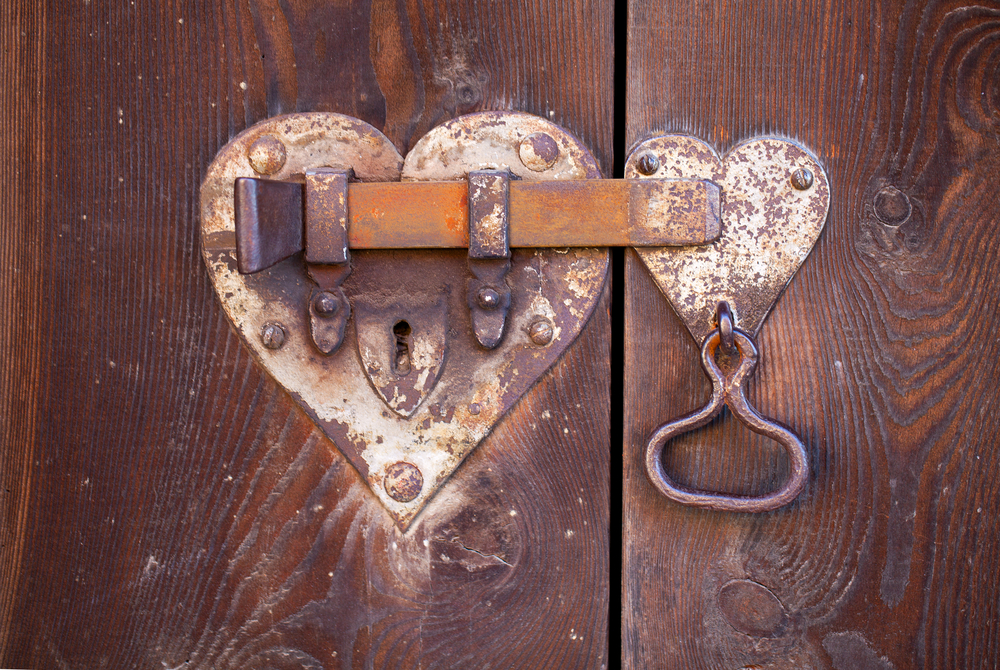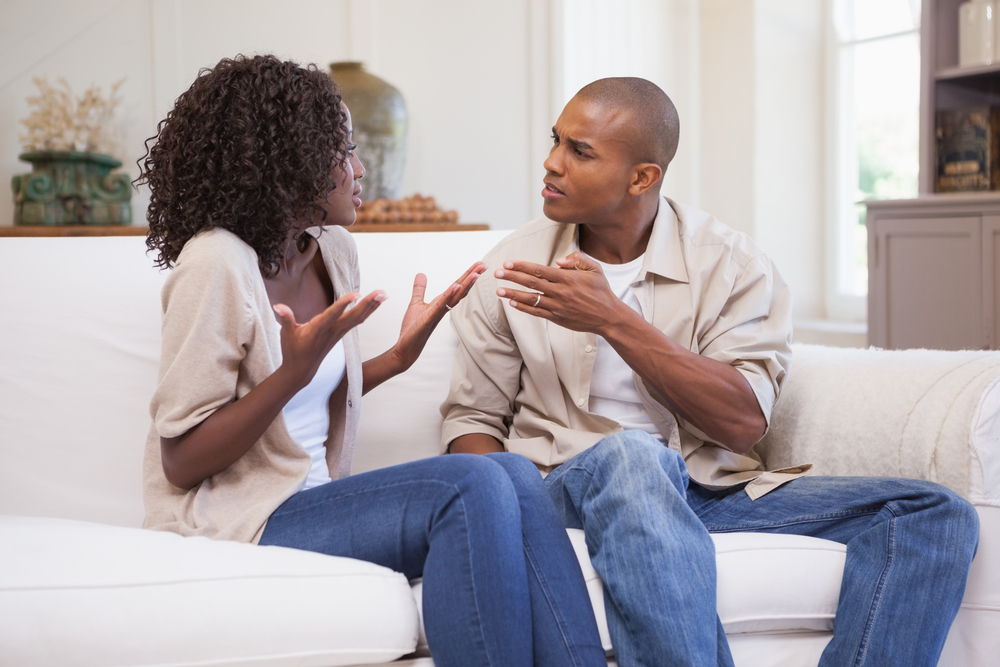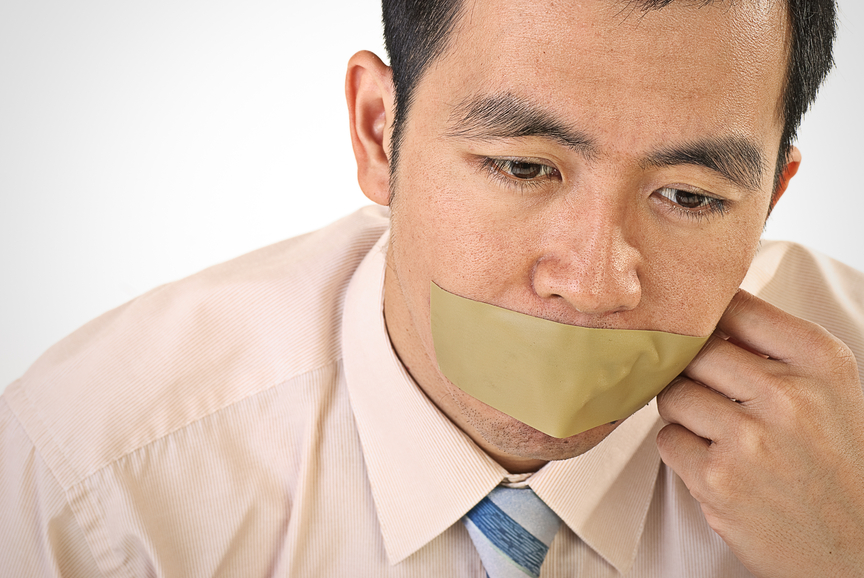As a couples specialist I am sometimes humbled by the changes I see people make to improve their relationships. It’s not that I don’t believe it can happen; it’s just that more often than not couples stay locked in their differences and expect the other person in the relationship to make the changes.
I spend a lot of time listening to how wounded people are because of what the other person has done to them. I know it’s important for people to be heard because often they have exhausted themselves trying to tell their partner what is wrong and they just can’t get understanding. I do know that listening to each person tell me about their perceived pain caused by the other has value, at least someone is listening.
But sometimes couples, or individuals in a relationship, can stay so wounded they see their mate as the one who causes their suffering. They are so hurt from past injuries that they can not see anything but the harm caused to them.
When one or both people in the relationship stay bound up in their pain there is little I can do but listen. I can not help someone get awareness on how they treat their partner if they are still living in the mistreatment they believe they have suffered. Sometimes they are just so hurt they just see their mate as a monster.
It doesn’t matter how I encourage the couple to look at the possibilities of living happily with their chosen partner. It does little good to talk about the ingredients that make up a good relationship. If one or both people are suffering from unresolved wounds the couple can not move into a more neutral space. And yet sometimes, that’s exactly what happens.
Twice in the last two weeks, two couples I had been working with, that had deep difficulties and lots of pain, moved the relationship to the next level. I could sense it the moment they walked into the room. There was a decrease in stress and worry and sadness. I felt something else; a calm, an ease, tenderness.
So what happened? In both cases one or both changed how they treated the other. In one of the couples one of the partners was mad about past hurts and kept accusing the partner of repeating the behavior. Then in an instant after a disagreement this partner got some awareness about how they displayed harshness toward the other. They immediately called the partner and apologized, and that was a first. Both felt something new; a bit of closeness that they had been craving for years.
The other couple described an incident that they navigated without blowing up at each other. In the past this issue would have ended with arguing and swearing and disconnection. This time they walked delicately through the rough parts and stayed away from blaming the other. Both worried about hurting the others’ feelings. And that was a first for this couple too.
In both cases I was amazed and humbled by the beautiful changes I was able to witness. Are all their problems solved? Of course not. But what they discovered together is a new way of feeling, and those feelings felt good. The human spirit wants to feel good. Sometimes we just have to try something new to create something better. Trust that you can find your way. I know I do.
Send comments to linda@lindanusbaum.com
www.lindanusbaum.com
Read More









